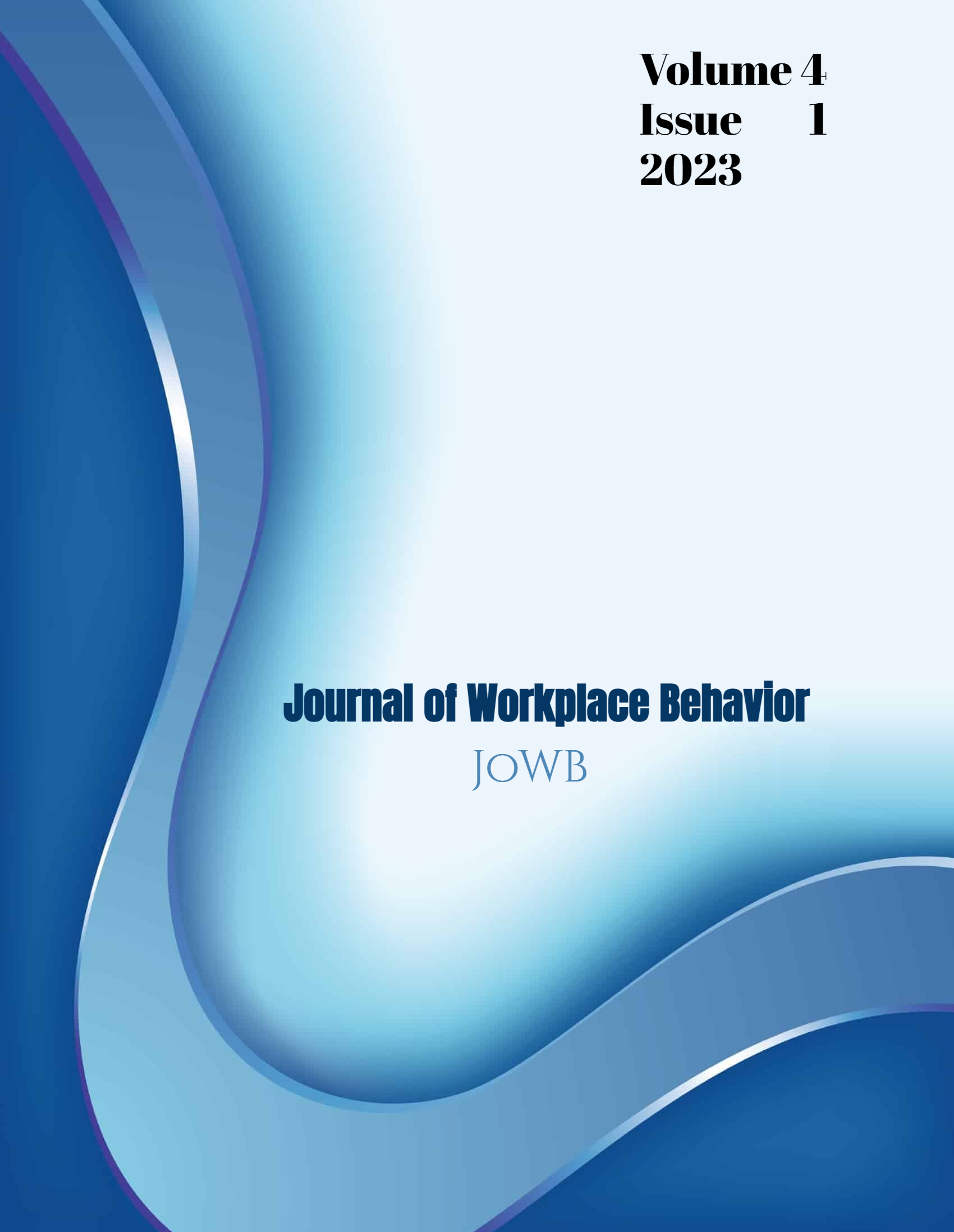Fiscal Policy, Economic Uncertainty and Tax Avoidance Behavior Evidence from Pakistan Stock Exchange Fiscal Policy, Economic Uncertainty and Tax Avoidance Behavior
Main Article Content
Abstract
This study adds novelty in extending the tax literature by examining the fiscal policy's government spending and economic policy uncertainty and their impact on the tax avoidance behavior of Pakistan's non-financial listed firms of Pakistan from 2011 to 2020. The panel regression is used to analyze the sample size of 295 non-financial listed firms in the Pakistan stock exchange (PSX). The results show that economic policy uncertainty has a significant positive relationship with the tax avoidance measures of accounting effective tax rate, current effective tax rate, and long-run accounting effective tax rate respectively. This indicates that the increase of uncertainty in economic policy surges the tax payments of the listed Pakistani non-financial firms. The Government spending measured by Government size has a significant negative relationship with the long-run accounting effective tax rate. The study also consists of the control variables including cash, firm leverage, firm age, and firm size. Cash, leverage, and firm age have a significant positive relationship with tax avoidance measures. The study provides the policy implications for the policymakers that they should analyze the different economic policies with respect to different firms and how their effective tax rates are affected by these policies. Furthermore, the government spending which is regulated by the fiscal policy, the policy makers when setting it should keep this in their consideration that the increase in the Government spending in the long run can potentially promote the tax avoidance behavior of the firms. This study has significance for the policymakers and the academicians in understanding the tax avoidance behavior of firms concerning the fiscal and uncertainty of the economic policy in Pakistan.

